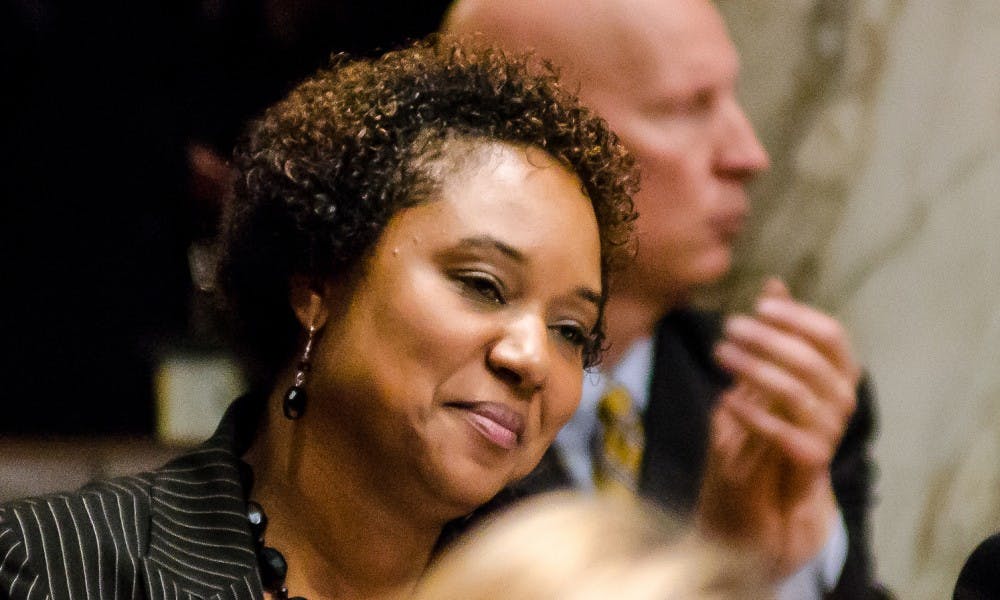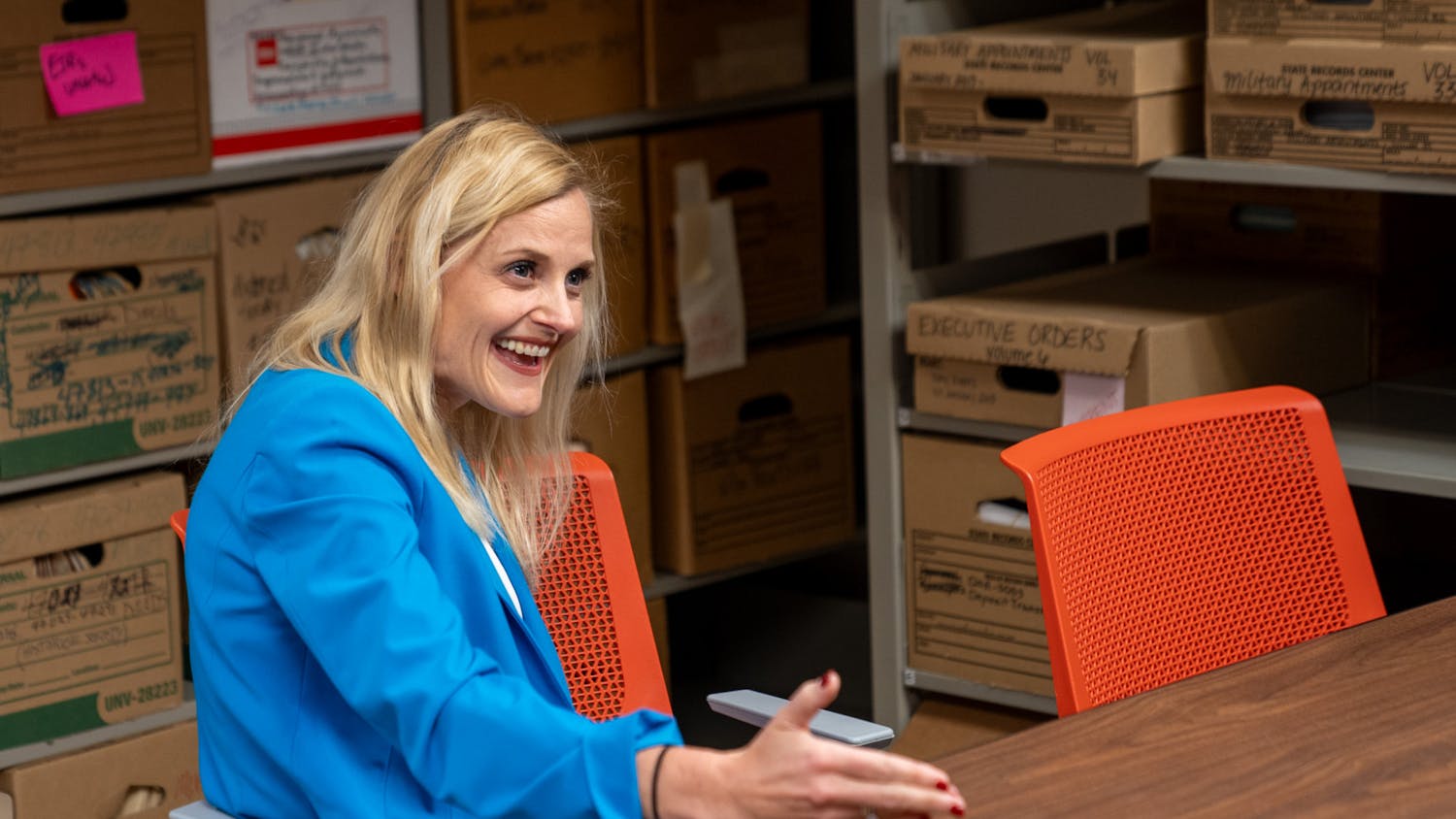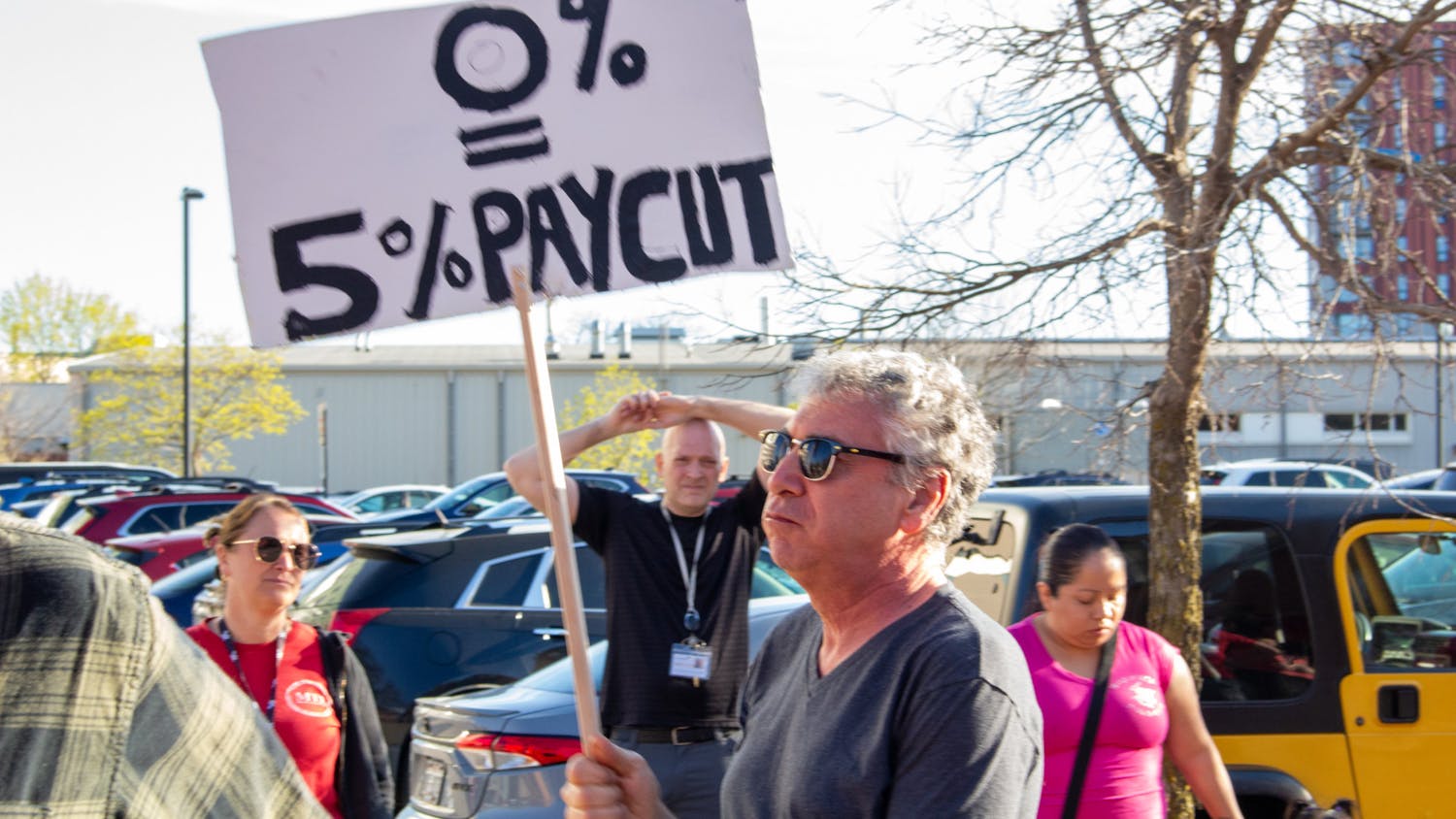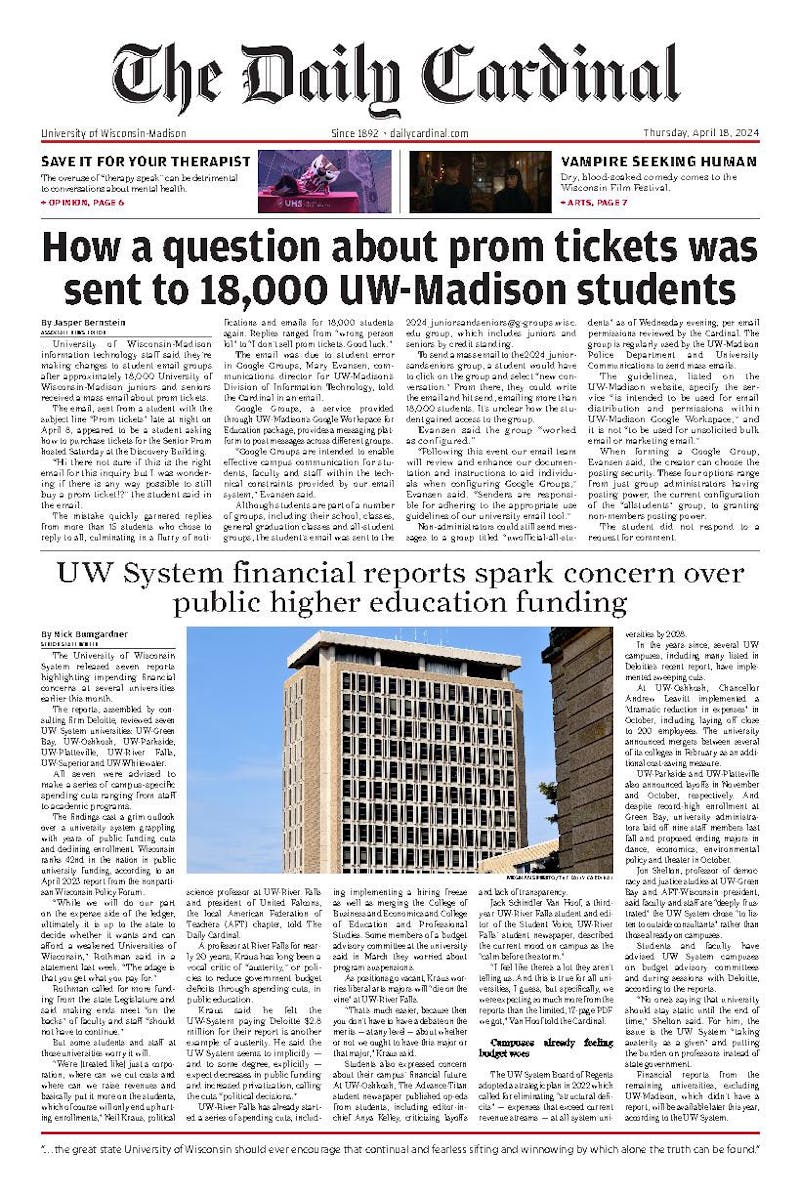A free, statewide suicide prevention text hotline could receive state funds to stay up and running if a group of bipartisan legislators and advocates have anything to say about it.
HOPELINE, a text-based emotional support hotline, would be given a state grant to continue providing 24/7 service, should a bill authored by state Sen. Lena Taylor, D-Milwaukee, pass.
“Wisconsin’s suicide rate has increased between 2005 and 2015, and the suicide rate among teens has doubled between 2007 and 2015,” Taylor said. “This bill will help fund a critical, accessible service so that the Center for Suicide Awareness can continue to address this devastating issue.”
The service is provided by the Center for Suicide Awareness, a volunteer suicide prevention & resource center based in Fox Valley.
“We always talk about how we can reach people,” said Barb Bigalke, the center’s executive director. “It’s a couple different things; it’s breaking down those stigmas, so saying it’s ok to ask for help, that it’s a strength to ask for help, and
The text-in method, though unconventional, has apparently been very successful in ways that “talk-based” methods can’t be.
People in need can reach out while remaining anonymous, wherever they are, whether they feel unsafe speaking aloud, unconfident in their own speech or hard of hearing and without proper equipment.
The text-based service has also made emotional support services more widely available to young people and students, some of whom must navigate mental health challenges without clear support systems in place.
“We’re hearing the general population of youth and college kids saying [they’re] struggling with depression, with anxiety, with pressure, stress and suicidal thoughts, and so we can actually direct our efforts to that,” Bigalke said.
Though HOPELINE has been up and running for two years now, funding and donations are not always easy to come by.
“Funding is always an issue, and to do the work we do, we have to have






